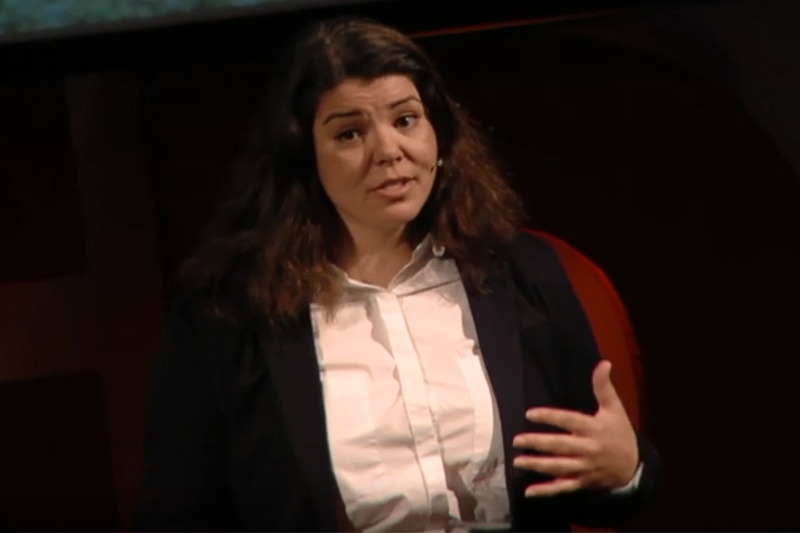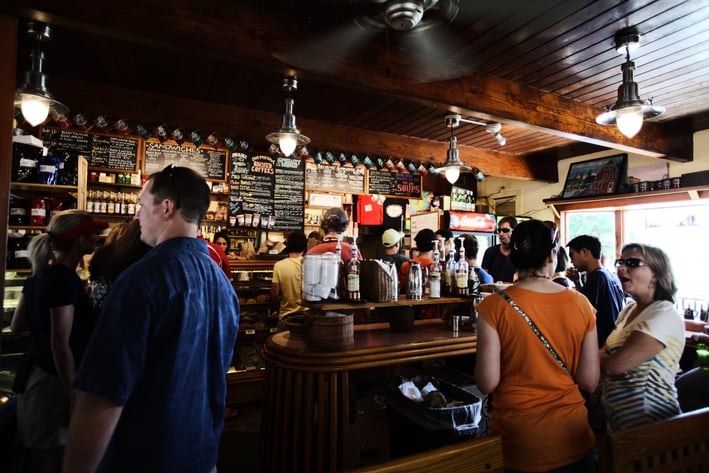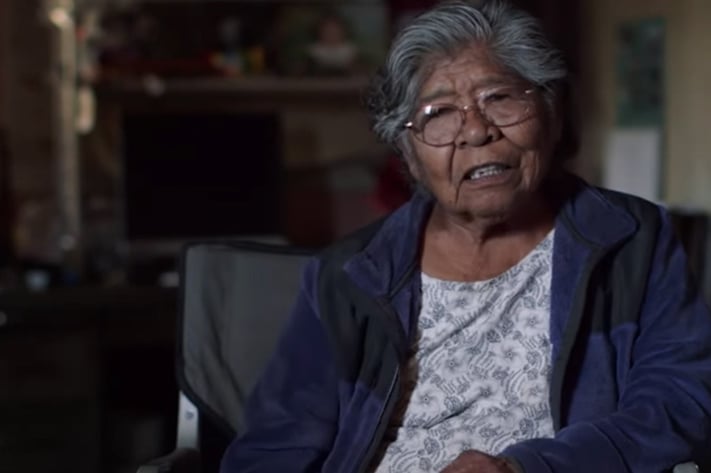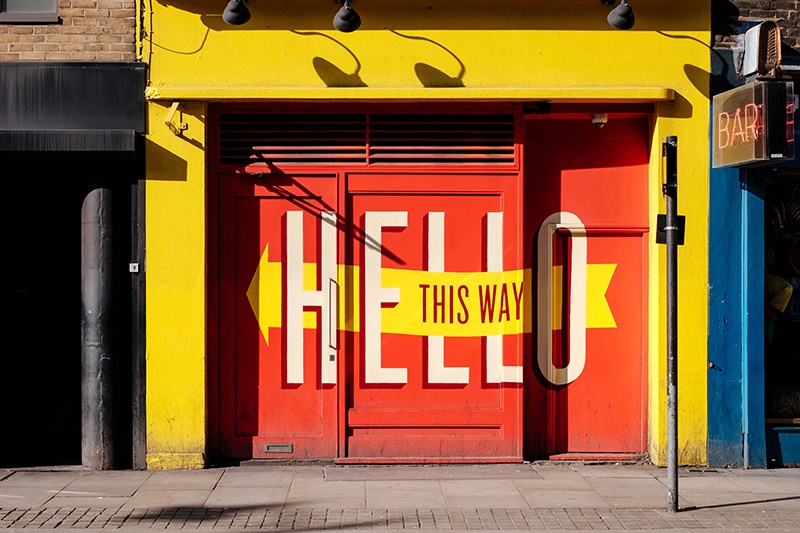1. 10 ways to have a better conversation (11.30)
“A conversation requires a balance between talking and listening and somewhere along the way we lost that balance.” - Celeste Headlee | TED talk speaker
Here at Speak we love presentations, and one of the most exciting elements of the Speak Programme is seeing all our Learners plan, practice and present a talk on a professional or personal topic of their choice.
But how can English Learners develop presentation skills outside of the Speak programme? One way is by watching presentations and observing the language, skills and techniques that the speakers use. For this there is no better resource than TED, which has talks on every topic imaginable. If you have never seen a Ted Talk before, this popular talk is an excellent place to start.

In this Ted Talk, radio host Celeste Headlee shares her advice on how we can all have better conversations. She offers us ten tips for healthier communication but tells us that if we can focus even on just one of these ten, we will have better conversations immediately. Headlee uses her experience as a professional interviewer to share this excellent life advice which we can apply to both our mother tongue and our English conversations.
STRATEGY: Like all Ted Talks, you can watch with or without English or Italian subtitles and TED provides an interactive transcript too. Speak recommends watching the talk without the subtitles first, and then re-watching with subtitles if you want a deeper understanding of the presentation and to check vocabulary. Check our Language in Context section for a helpful list of vocabulary and definitions used in this talk.
2. At This English Bar, An Old-School Solution To Rude Cellphones (03.28)
“The atmosphere in my bar is far better than the atmosphere in other bars because there's no one on their phone. Everyone in my bar talks to everyone else” - Steve Tyler | Owner of the Gin Tub, Sussex England.
Telephone technology has an important role at Speak. You can often see Learners and Anglos in one-to-one conversations using photos to add colour to their stories, sharing photos of family members back at home or quickly using dictionary apps for vocabulary that can’t be explained in words, pictures or gestures. However, at the heart of the Speak experience is the element of human interaction. Learners and Anglos spend up to 15 hours a day together so, as one Learner described it as we left the Tenuta de Centroporte programme last October, “it is a humanistic experience as much as a language programme”.

Bringing people together and encouraging natural and authentic conversation is also the philosophy of Steve Tyler, owner of the Gin Tub, a pub in south England. Tyler recognised that phones were bad for business, and by blocking phone signals he created a much more social drinking environment. His 2016 interview in NPR explains how he blocks the signal and the positive effect it has on business.
STRATEGY: This story is reported in two formats – a recorded interview and a written article. Read or listen first, it’s your choice. End the activity by opening the transcript and reading as you listen. The transcript will help you to identify words or phrases that you missed the first time.
3. Marie's Dictionary (9.00)
“I'm uncertain about my language and who wants to keep it alive…It's sad” - Marie Wilcox | The last fluent speaker of Wukchumni.
February 21st is International Mother Language Day, a day to promote the diversity of languages around the world. The day also highlights the danger of losing languages – of the 7000 languages spoken around the world, fifty percent may die out completely in a few generation's time. So what can you do if your language is at risk?
 Image via Youtube screen capture
Image via Youtube screen captureMarie Wilcox is the last fluent speaker of Wukchumni, a native American language. This short documentary shows how she is trying to preserve Wukchumni and pass on her language before it is too late. Over seven years, Marie wrote down every word she could remember, then typed them up to create her own dictionary. The documentary is an emotional story about the importance of language, family and optimism.
STRATEGY: This documentary can be watched on the short film site Short Of The Week. The site is an incredible resource for English language learners as it is full of short films of every shape and size. Watch Marie’s Dictionary first, and then use the ‘Channels’ or ‘Topic’ options to find the genre, topic or style you want.









